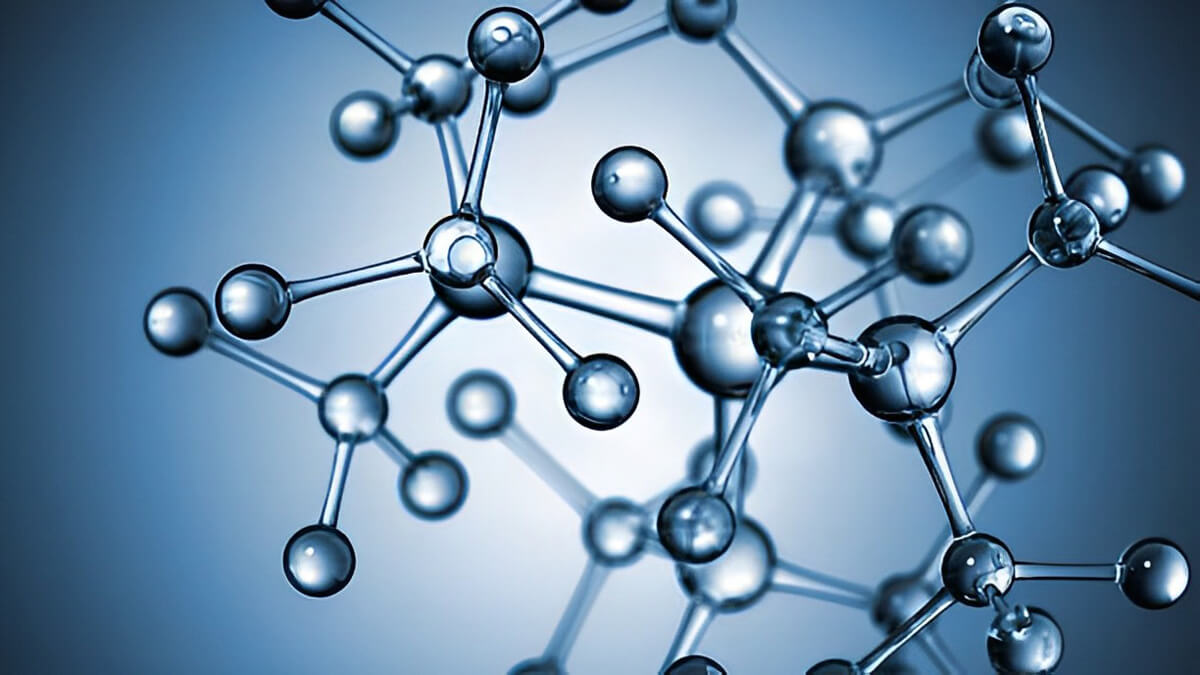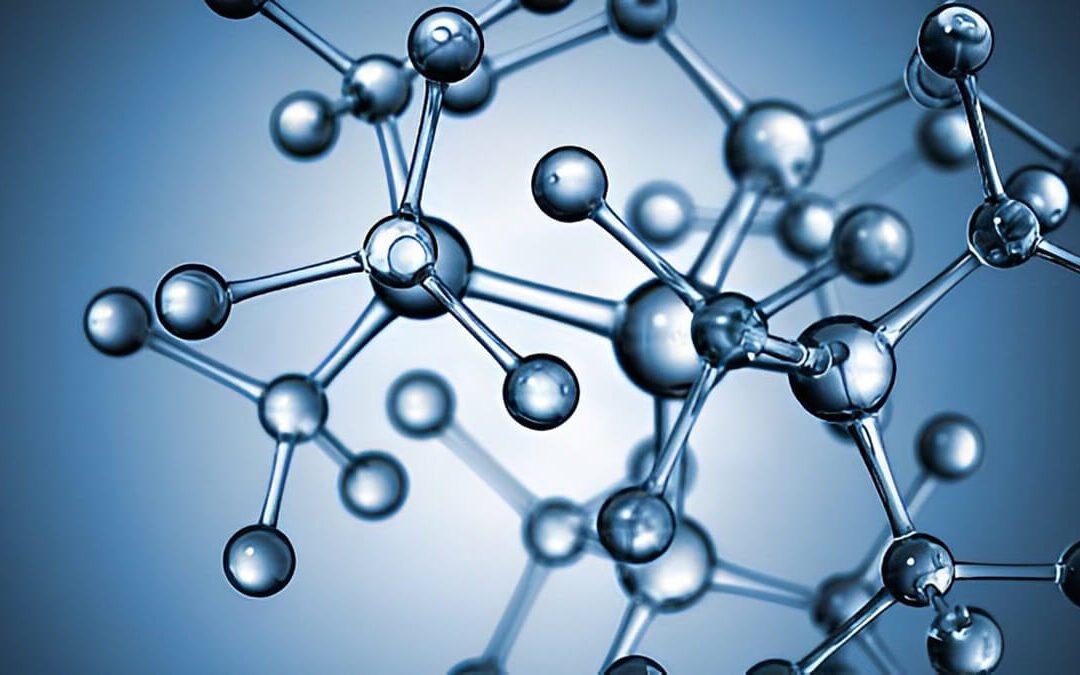
Glutathione, an antioxidant molecule found naturally in the body, has become increasingly studied as a potential treatment for autism. Recent studies suggest that glutathione may play an important role in the development of autism and other neurological disorders, such as Alzheimer’s disease and Parkinson’s disease.
This raises the question: Could glutathione hold the key to treating autism? In this blog post, we’ll explore the potential benefits of glutathione and how it could be used to help treat autism.
Glutathione is an important molecule for health
Glutathione, often referred to as GSH, is a peptide produced naturally in the body and plays an essential role in maintaining good health. It is composed of three amino acids—cysteine, glycine and glutamine—and acts as an antioxidant to protect cells from free radical damage. Glutathione is also involved in many vital cellular processes such as immune system function, detoxification, and regulation of gene expression.
Low levels of glutathione have been linked to numerous diseases and conditions such as Parkinson’s disease, Alzheimer’s disease, HIV/AIDS, chronic fatigue syndrome, cancer, diabetes, and autism spectrum disorder. Glutathione deficiency can also lead to accelerated aging due to its role in combating oxidative stress, which leads to cellular damage.
There are several ways to increase glutathione levels in the body including dietary modifications, supplements, exercise, and lifestyle changes. Eating foods rich in antioxidants such as fruits and vegetables can help protect cells from oxidative damage. Taking supplements containing amino acids such as cysteine or N-acetylcysteine can also be beneficial in boosting glutathione levels.
Additionally, regular physical activity has been shown to increase glutathione production and reduce inflammation, which can lead to improved overall health. Finally, leading a healthy lifestyle such as avoiding smoking and limiting alcohol consumption can help maintain good health and increase glutathione levels in the body.
Glutathione deficiency has been linked to many diseases
Glutathione is an important molecule that plays a critical role in many of the body’s biochemical processes. It is known to be an antioxidant, meaning it helps protect cells from damage. Glutathione deficiency has been linked to numerous medical conditions, including Alzheimer’s disease, Parkinson’s disease, autism, and aging. Glutathione deficiency can occur when the body does not have enough raw materials to produce this essential compound.
Several factors can lead to glutathione deficiency, such as poor nutrition, exposure to toxins, or genetic mutations. The symptoms of glutathione deficiency vary depending on the individual and the severity of the deficiency. These symptoms include fatigue, muscle weakness, cognitive impairment, and impaired immune system function.
Research suggests that glutathione deficiency can have significant implications for neurological disorders. Some studies have suggested that individuals with autism spectrum disorder may have lower levels of glutathione compared to their neurotypical peers. This may explain why some individuals with autism are more susceptible to oxidative stress and inflammation, which are thought to contribute to the symptoms of autism. Additionally, there is evidence that glutathione deficiency may be linked to age-related cognitive decline, though further research is needed to confirm this link.
Overall, there is growing evidence that suggests a link between glutathione deficiency and various diseases. However, more research is needed to fully understand how glutathione levels may be involved in health and disease.
There is evidence that glutathione deficiency may be involved in autism
Glutathione is a powerful antioxidant and detoxifying molecule that is essential for proper brain function. Recent research suggests that there may be a link between glutathione levels and autism. Glutathione deficiency has been linked to conditions like Parkinson’s Disease, Alzheimer’s Disease, multiple sclerosis, and stroke.
In the case of autism, studies have suggested that glutathione levels are lower in children with autism spectrum disorder (ASD) compared to their typically developing peers. One study found that the lower glutathione levels were associated with increased severity of autism symptoms. Lower levels of glutathione have also been observed in adults with ASD, as well as in individuals diagnosed with Asperger’s Syndrome, a form of ASD.
The exact role of glutathione in autism is still unknown, but some researchers believe it may help to regulate neurotransmitter production, which could potentially affect behavior and social functioning. Additionally, it may protect the brain from oxidative stress, which has been linked to impaired brain development.
There is still much to learn about glutathione and its potential role in autism, but current research is promising. Increasing glutathione levels through supplements or lifestyle changes may help improve symptoms in some people with autism. However, more research is needed to determine if this is an effective treatment option.


